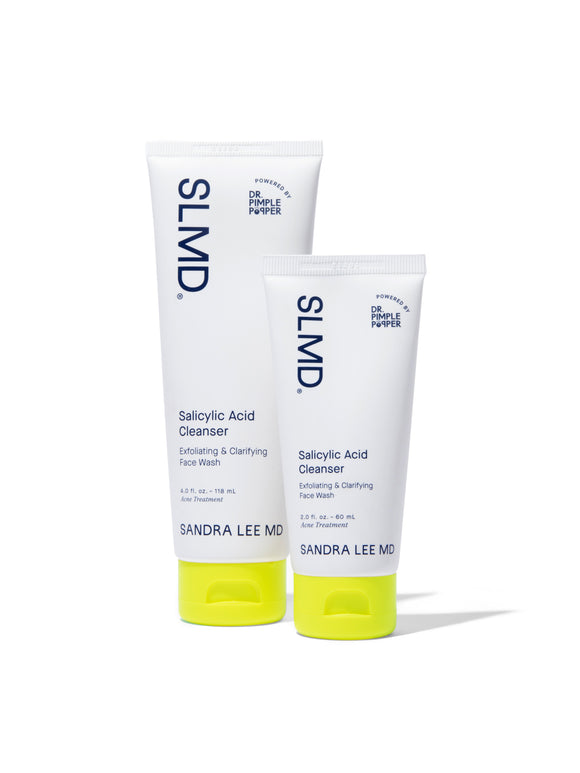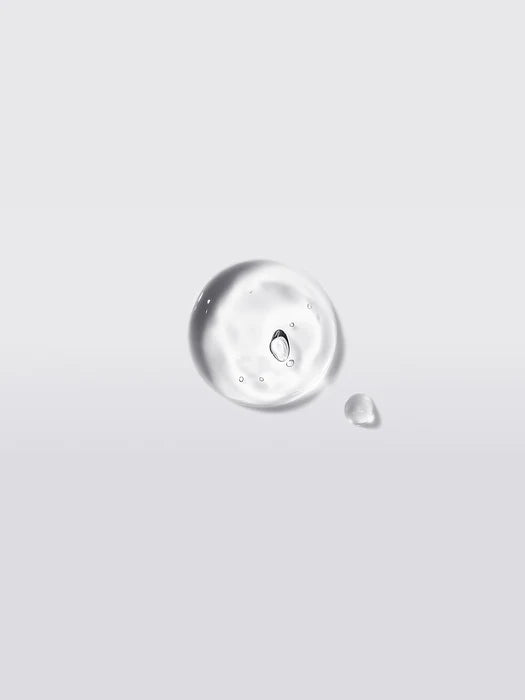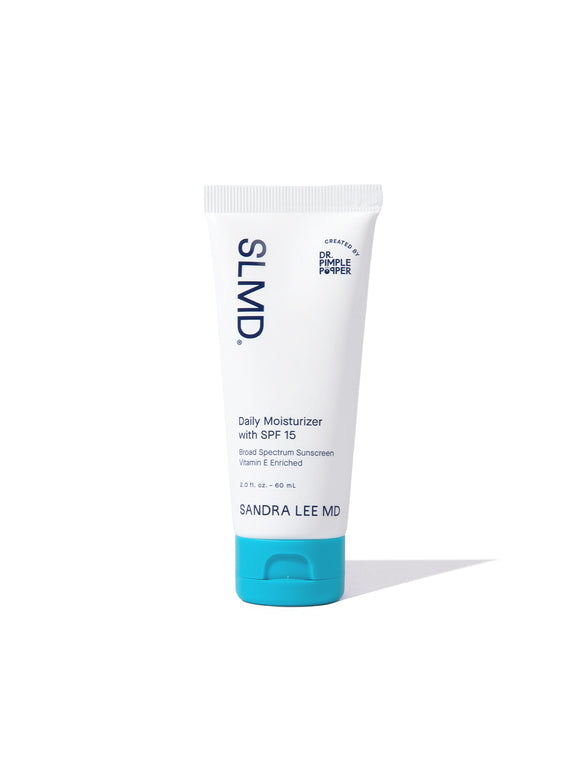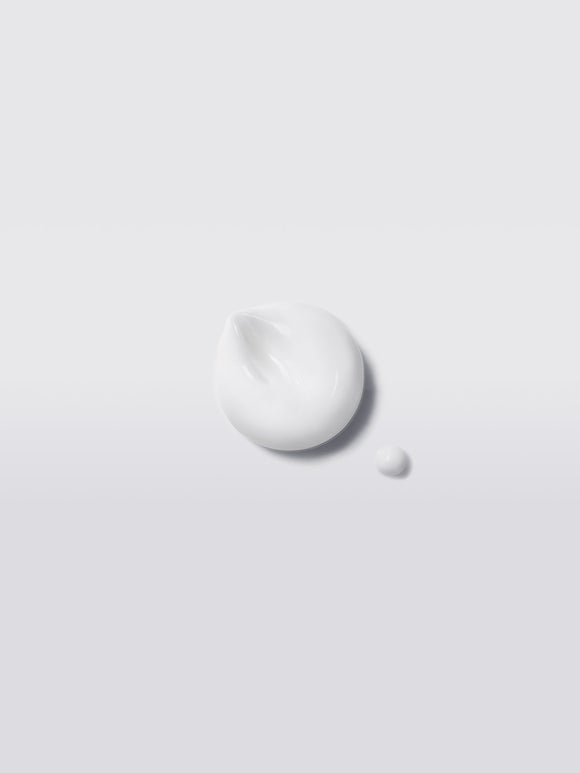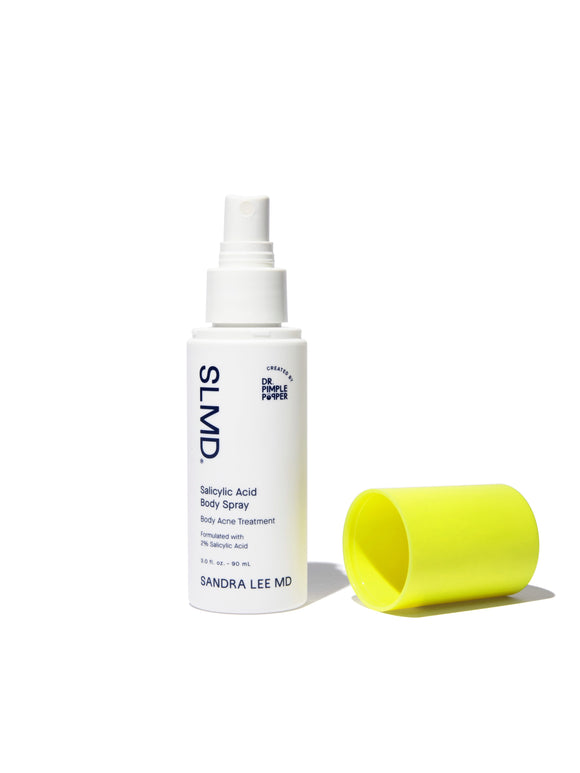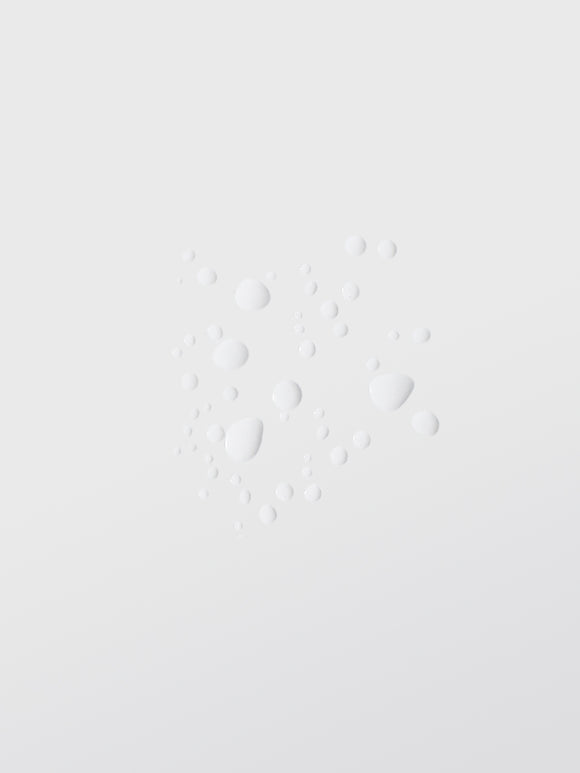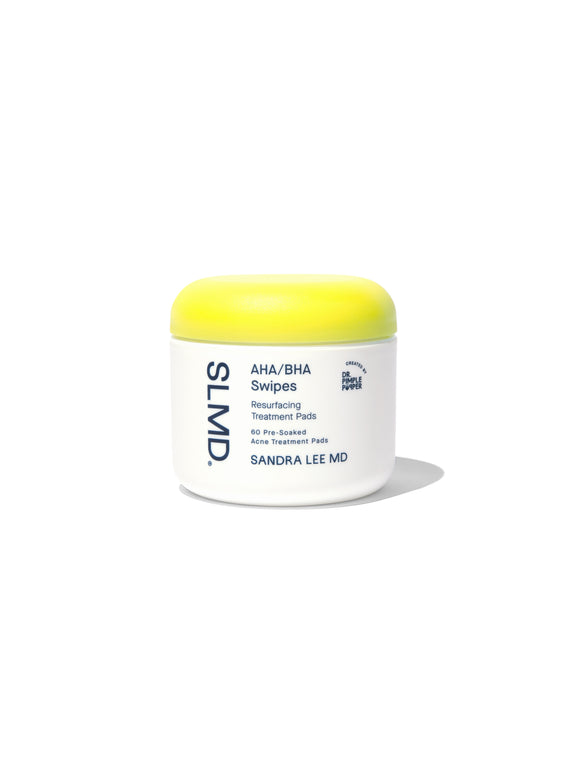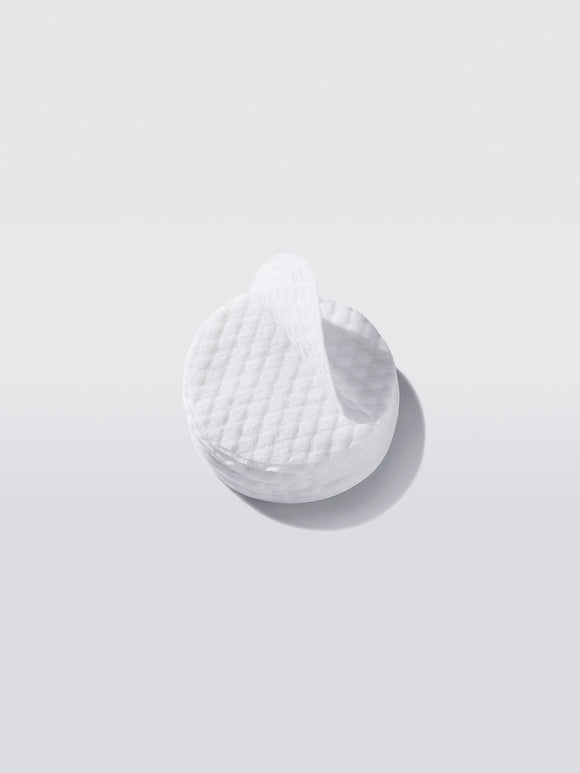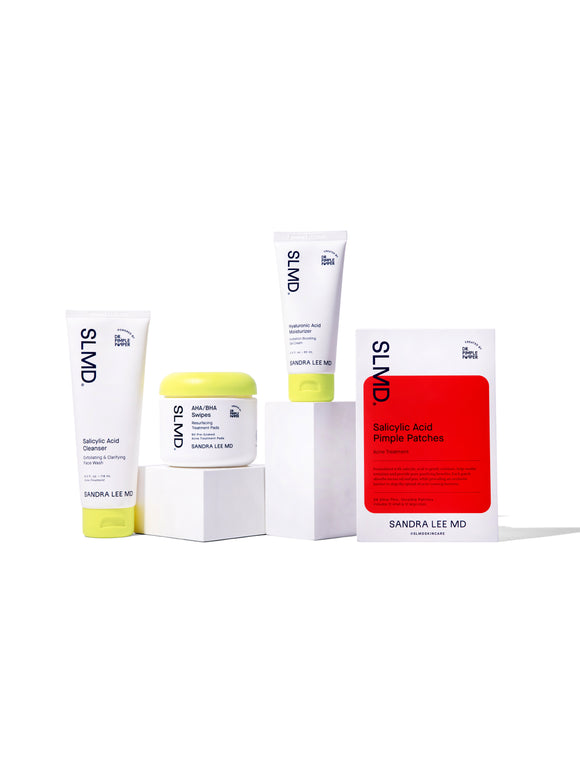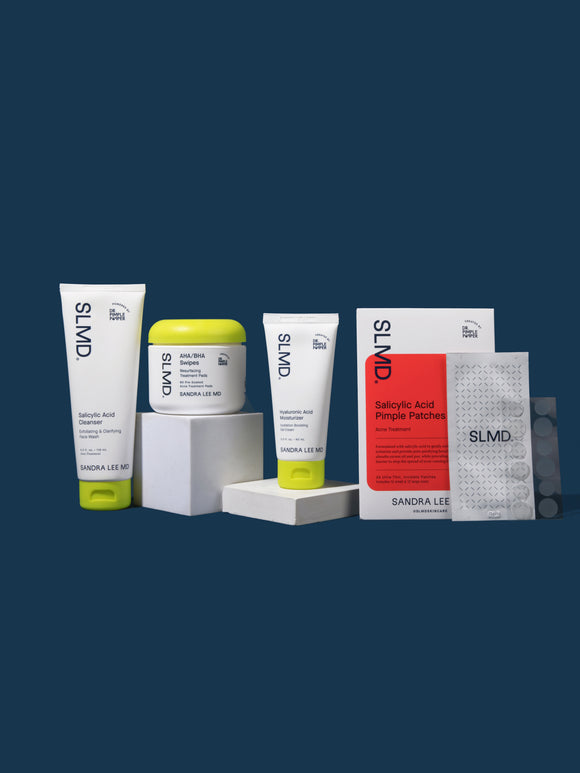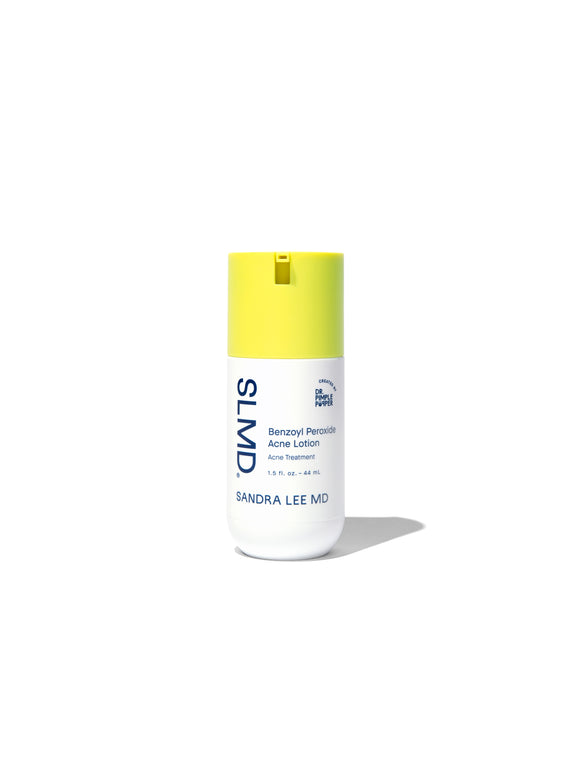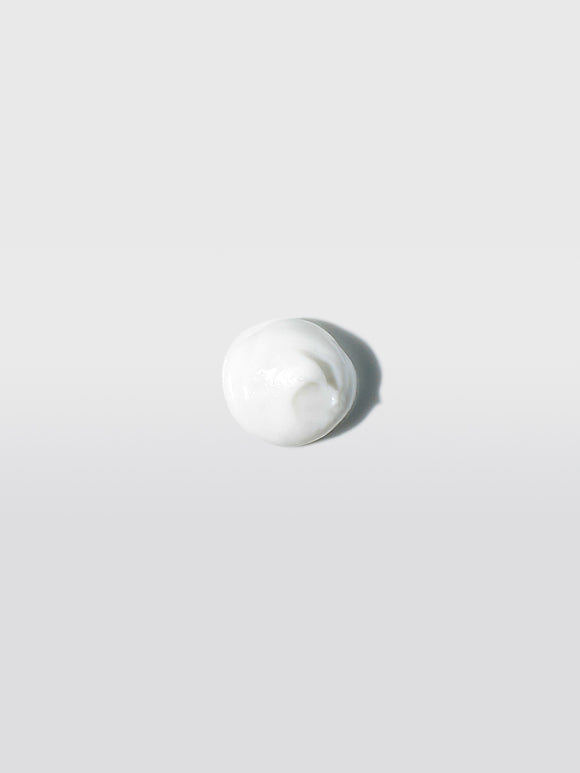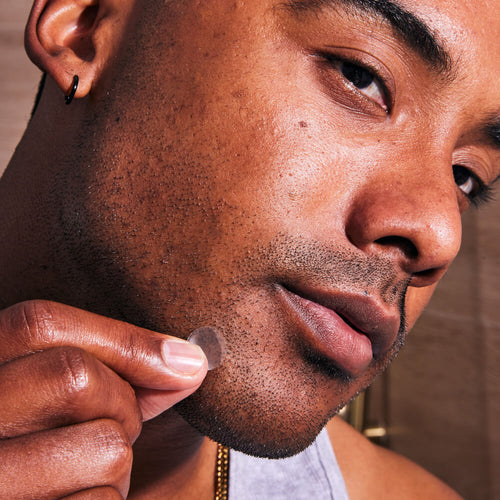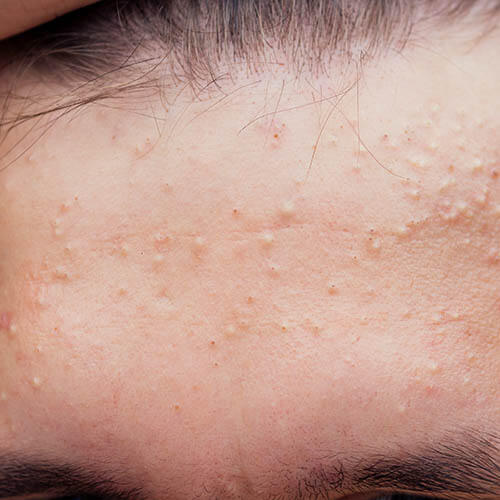
Prevent Acne Before It Starts: Expert Tips from Dr. Pimple Popper
Discover how the right ingredients — and a consistent routine — can stop breakouts before they begin.
Published:
3 minute read
Breakouts often feel sudden — but acne develops gradually, starting with clogged pores. That’s why prevention is key. Here, SLMD Skincare founder and board-certified dermatologist Sandra Lee, MD (aka Dr. Pimple Popper), breaks down how acne forms and shares her expert advice on how to stop it in its tracks.
Article Quick Links
How does acne start?
Acne begins when your pores — specifically, hair follicles — become clogged with excess oil (sebum) and dead skin cells. These clogged pores are called comedones, better known as blackheads and whiteheads.
If left untreated, comedones can become inflamed, developing into painful pimples like papules, pustules, nodules and cysts. Genetics play a major role in how much oil you produce and how quickly your skin cells shed — two factors that contribute to clogged pores.
How can you stop acne before it starts?
The best way to prevent breakouts is to stop them at the source — by keeping your pores clear. Acne begins when oil, dead skin cells, and debris become trapped in hair follicles, leading to blackheads and whiteheads that can evolve into inflamed pimples.
You might not be able to prevent every single blemish, but you can dramatically reduce flare-ups with a consistent routine that includes ingredients like salicylic acid and retinol — both proven to target the root causes of acne.
Dr. Pimple Popper's Acne Prevention Picks
Dr. Pimple Popper’s acne prevention tips
#1 Cleanse consistently
Washing your face twice daily helps remove oil, debris, and environmental pollutants that can become trapped in your pores and can compromise your skin barrier.
Try: SLMD Salicylic Acid Cleanser — Dr. Lee’s go-to for gently exfoliating and keeping skin clear.
#2 Exfoliate with salicylic acid
This oil-soluble beta hydroxy acid (BHA) penetrates deep into pores to break down the buildup that leads to comedones.
Try: SLMD AHA/BHA Swipes — an exfoliating, refining and brightening mini-peel.
#3 Add retinol to your routine
Retinol helps regulate skin cell turnover and keeps dead cells from clogging pores. It also brightens skin and smooths texture.
Try: SLMD Retinol Resurfacing Serum, formulated with hyaluronic acid to hydrate and vitamin C to brighten.
#4 Use a complete acne system
If you’re dealing with frequent breakouts, a multi-step routine that includes active and support products is more effective than spot treating.
Try: SLMD Acne System — the first to include retinol and a non-comedogenic moisturizer to balance and protect.
What to expect when starting acne treatment
When you begin using ingredients like salicylic acid and retinol, your skin may experience a short adjustment period commonly known as purging. This happens when cell turnover speeds up, pushing clogs to the surface faster — which can temporarily look like more breakouts.
This phase typically lasts a couple of weeks, and it's a sign that your products are working. To minimize irritation, stick to a consistent routine, moisturize daily, and protect your skin with sunscreen. If breakouts persist beyond 6–8 weeks, it may be time to consult a dermatologist.
Acne prevention FAQs
Q: Does salicylic acid prevent all types of acne?
A: Salicylic acid is especially effective at preventing non-inflammatory acne like blackheads and whiteheads. It can help reduce inflammatory acne as well by keeping pores clear, but deeper pimples may require additional ingredients like retinol or benzoyl peroxide.
Q: How long does it take to see results from acne prevention products?
A: Everyone's skin is different, but you may begin to see improvements within 2–4 weeks. For ingredients like retinol, full results can take up to 12 weeks. Consistency is key. Learn more in our guide, How Long Do Acne Treatments Take To Work?
Q: Can I use salicylic acid and retinol together?
A: Yes, many people benefit from using both — salicylic acid in the morning and retinol at night. Just be sure to moisturize and apply sunscreen daily to minimize irritation.
Q: What’s the difference between skin purging and a breakout?
A: Purging happens when active ingredients speed up cell turnover, temporarily pushing clogs to the surface. Breakouts, on the other hand, can signal irritation or a product mismatch. If breakouts persist beyond 6–8 weeks, consult a dermatologist. Learn more in our blog, here.
Q: Can diet or stress cause clogged pores?
A: Yes — while genetics play a major role, lifestyle factors like high-glycemic diets and chronic stress can increase oil production and inflammation, making pores more likely to clog.

Dr. Lee's Last Word
Preventing acne is about using the right ingredients consistently and understanding how your skin works. If you can keep pores clear and support healthy skin turnover, you’re already ahead of the game. It’s not about perfection — it’s about staying one step ahead of breakouts.





